Let's Talk About Developmental Disabilities: Separating Myths from Facts!

March is Developmental Disabilities Awareness Month. It’s a time to learn more about developmental disabilities and how we can all be more understanding and supportive. Sometimes, we hear things that aren’t quite true. Let’s clear up some myths and learn the facts!
What are Developmental Disabilities?
Developmental disabilities are conditions that affect a person’s physical, learning, language, or behavior areas. These conditions are usually present at birth or become apparent during early childhood (but can show up at any time before the age of 22). The conditions usually last throughout a person’s lifetime. In many cases, the direct cause is not known. Some known causes include genetic disorders, drug or alcohol abuse while pregnant, certain infections, and accidents that cause brain injury as a baby or in childhood.
Myth 1: People with developmental disabilities can’t learn or grow.
Fact: This is totally wrong! Everyone can learn and grow. People with developmental disabilities might learn at a different pace or in a different way, but they can definitely achieve amazing things. With the right support and help, they can learn new skills and live happy, fulfilling lives.
Myth 2: Developmental disabilities are contagious.
Fact: Nope! You can’t catch a developmental disability like you catch a cold. They are caused by differences in how the brain or body develops.
Myth 3: People with developmental disabilities are always sick.
Fact: This isn’t true either. While some people with developmental disabilities might have other health conditions, many are just as healthy as everyone else. They go to school, play sports, and have fun just like you!
Myth 4: People with developmental disabilities can’t have friends or jobs.
Fact: Absolutely not! People with developmental disabilities want friends and can have jobs just like anyone else. They have talents, interests, and dreams. They enjoy being part of their communities and contributing to society.
How Can You Help?
- Be kind and respectful: Treat everyone with respect, no matter their abilities.
- Be direct when talking: Use clear age–appropriate language. Smile and make eye contact.
- Be patient: Remember that everyone learns at their own pace.
- Be inclusive: Include people with developmental disabilities in your activities and conversations.
- Ask for permission: Before helping, ask if okay.
- Do not label a person based on their disability. Be sensitive when referring to a person with a disability. Never identify a person with a disability by their disability.
- Learn more: The more you know, the better you can understand and support others.
Community Health Choice is Here to Help!
We believe everyone deserves the best possible care. If you or someone you know has a developmental disability, we’re here to support you. We can help you find resources and services to help you live your best life.
Let’s work together to create a world where everyone is celebrated and accepted for who they are!
